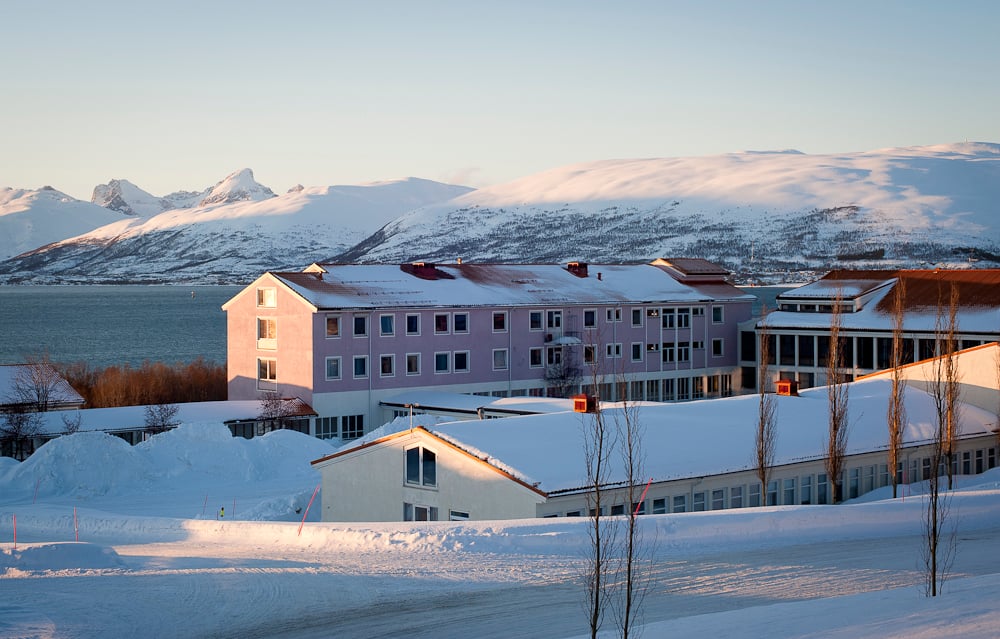Tast spring, the Hurdalsjen Recovery Center in Norway, a private hospital that provided drug-free care to Norwegian psychiatric patients, had to close its doors due to a government decision to end public funding of private companies. Today, the drug-free ward at the sgrd hospital in Troms is threatened with closure.
This six-bed ward was perhaps the most visible example, perhaps in the Western world today, of inpatient treatment for psychotic and bipolar patients, encouraging gradual withdrawal from psychiatric medications or, if patients wished, to be treated in hospital without using such medications. The University Hospital of North Norway (UNN) has proposed replacing inpatient treatment with consultants who will support drug-free treatment in outpatient clinics in the region.
If the closure continues, it will be a second blow to a drug-free initiative that dates back more than a decade, when five user groups in Norway jointly began pushing for such hospital-based treatment. In 2016, the Norwegian Ministry of Health ordered the country’s four health districts to reserve beds for this care.
The Troms service opened in 2017, and over the six years it has shown that offering patients the option to forgo or stop taking psychiatric medications can be an effective model of care.
User groups, led by We Shall Overcome (WSO), protested the proposed closure in their latest letter dated October 29. They wrote :
UNN’s current drug-free treatment program is a leading model for drug-free treatment in Norway. It has attracted national and international attention, and there is great interest in visiting the parish to learn. Several users report good results and now express their support for the continuation of the department.
Many patients in mental health services find that medications do not improve their condition or experience significant side effects. It is therefore important to maintain services that can help this group, as well as providing information and drug-free treatment. Non-drug treatments are not currently offered in acute psychiatry, and many patients are initiated on treatment upon their first encounter with psychiatric services, through voluntary or coercive measures, and are often given large quantities of medication. It can then be difficult to stop treatment or reduce it, without a responsible, long-term reduction plan. By providing drug-free services, including in acute psychiatry, it is possible to avoid unnecessary medication use, unnecessary tapering processes and the unfortunate long-term consequences of drug use.
And:
UNN’s drug-free program has been operational for almost seven years. During this period the service has developed a broad skills base in drug-free services and particular expertise in the responsible reduction of psychotropic medicines. The inpatient unit is a unique area of research and maintaining such an inpatient unit is important for further development of knowledge in the field. Any creation of a drug-free consultation team requires that the team be supported by a competent and qualified environment, and be anchored in such a drug-free inpatient unit.
The proposal to transform drug-free hospital services into a consultation team is not justified by deficiencies in the service or a lack of demand, but because the aim is to free up resources for other drug-controlled services . The proposal seems poorly thought out in relation to national guidelines for drug-free treatment services. WSO believes that the proposal will effectively result in the closure of drug-free services at UNN, which will have major negative consequences for users. At the same time, it is likely that the professional community of the drug-free hospital unit will cease to function and the knowledge gained will be lost if it is transformed into a consultation team.
From the start of this initiative, the Norwegian Psychiatric Association was overwhelmingly opposed, with leading psychiatrists arguing that antipsychotics were an essential treatment for psychotic patients. However, as the WSO writes in its letter, the Troms initiative has attracted international interest as an example of a recovery-oriented initiative that gives patients the right to choose whether they want to take antipsychotics and other psychiatric medications, and it has shown that this approach can be helpful to patients.
Rather than closing the inpatient department and providing drug-free treatment in the community, the WSO is urging the university hospital to do both. He writes :
In summary, the WSO requests the following: In the future structure of the PHRK at UNN, the drug-free inpatient department will be retained as a separate unit, as it is today. At the same time, the drug-free service will be strengthened by a consultation team covering the entire region and all units.
#Drugfree #service #Troms #Norway #close
Image Source : www.madinamerica.com

